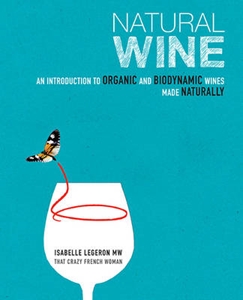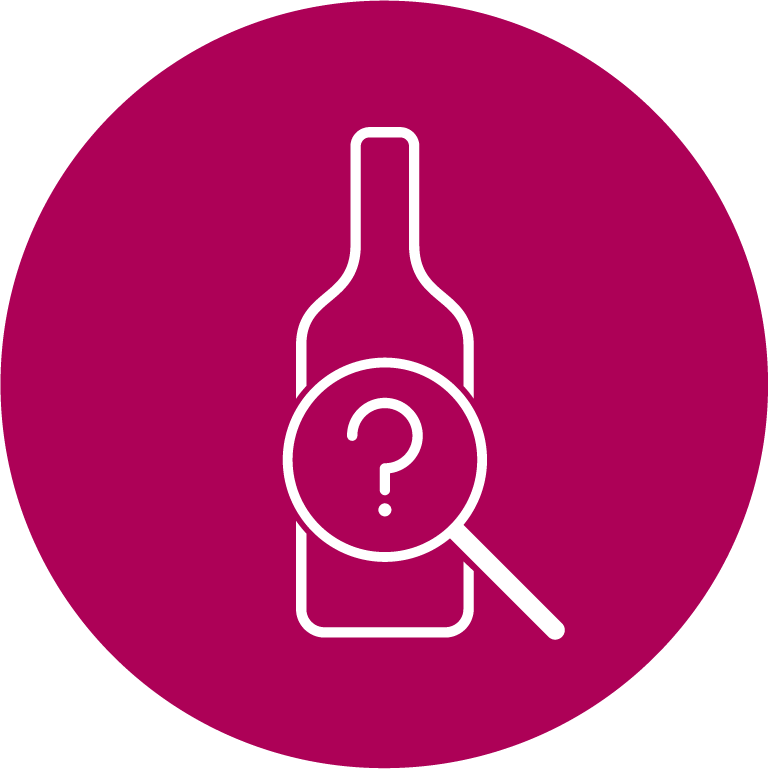I thought I’d include natural wine in this A-Z as it’s a topic which really divides opinion. I know many wine professionals who scoff, but for every sceptic there is a loyal follower and in today’s day and age where provenance, sustainability and the environment are increasingly important to consumers, this ‘movement’ is only likely to grow.
What is natural wine? Essentially it takes winemaking back to basics, back to how wine ‘used to be made’, eschewing the use of any man-made products (such as additives, yeasts, chemicals and fertilizers). Winemakers only use naturally occurring yeasts, don’t add any processing aids during fermentation and wines are bottled unfined and unfiltered – creating what essentially is a ‘living wine’ complete with bacteria and organisms.
Does that mean natural wine is the same as organic or biodynamic wine? The short answer is “not exactly”, the more complicated answer would be that natural winemakers will follow many of the principles of organic and/or biodynamic farming, but supercharge it to another level – for example, while grapes will always be handpicked, natural wine proponents are generally very anti the use of sulphites during the winemaking process, where as Demeter and Ecocert (biodynamic and organic bodies) do allow their use, for example for red wines, up to 100mg/l of SO2 is permitted. Natural winemakers also do not use ‘Bordeaux mixture’ (a fungicide, the key ingredient of which is copper sulphite) in the vineyards – whereas organic wines are permitted to do so.
This leads me to a quick rant…about the use of SO2 in winemaking, please bear with…
SO2 – hero or villain?
Natural winemakers don’t like to use SO2, but it’s worth remembering sulphites are naturally produced in wine (albeit in tiny amounts by yeast during fermentation) and are additionally used by conventional winemakers for their antioxidant and antiseptic attributes to protect the wine from spoilage.
I’ve lost track of the number of times people have said to me “oh it’s the sulphites in the wine that have given me a headache”. There have been many studies done looking at whether certain wines are more or less likely to cause a hangover, and certainly some people are more sensitive than others (2% of the population according to Allergy UK). Given there are higher levels of sulphites in a packet of dried apricots than a bottle of wine, it is quite frankly unlikely SO2 is the villain. Although it is fair to say that higher levels of SO2 may be used to cover up bad winemaking, its equally worth considering that it could actually be the presence of Biogenic Amines (histamine is an example) in wine – which are created during the winemaking process – which occur at higher levels in wines where SO2 is less readily available.
In short, there is an argument that the lack of SO2 in natural wines, just may increase the risk….. you pay your money and take your pick on this I’m afraid, but please don’t take as gospel people who say it’s the sulphites in the wine that have caused their headaches, it may not always be the case!
How do I know if a wine is “natural”? – unlike biodynamic and organic winemaking which have certification bodies, the same isn’t the case for natural wine. This is beginning to change, with France recently introducing a voluntary auditing programme which will allow winemakers to use the term Vin Méthode Nature on their labels. With different logos denoting those wines with up to 30mg/l of sulphites and those where no sulphites were used. As this is only relevant to France, the best thing to do is ask the wine merchant if you are unsure.

How do natural wines differ in taste and appearance? The first thing to note is there will often be quite considerable bottle variation – something which is less prevalent in wines made conventionally. Generally speaking, natural wines are more textural with more ‘personality’. They can be cloudy in appearance (due to a lack of fining or filtration) and will often have a slight prickle of CO2 on the palate (by virtue of residues of sugar re-fermenting in the bottle), they may even be orange in colour!
They are how wine was originally made, they are artisanal and at heart they are good for the environment and for sustainability. For those interested I can recommend a good book on the subject by Isabelle Legeron MW ‘Natural Wine’ (see image), she makes a lot of valid and interesting points.
That’s not to say I am a total convert, I’d really like to be and while there is no doubt that natural wine can be great, for me, there are just too many variables. Its true, even with conventional winemaking, there will still be the faults – whether due to a wine being corked or affected by Brettanomyces or another unpleasant aroma/taste – but if I am forking out for a bottle, I kind of want the reassurance that I know what it tastes like, and for me, you have less assurance of that with natural wine. Why? Because in essence this is a living product that will by its very nature vary, and proponents of this style love it exactly for this reason.
If you are not sure whether taking pot-luck on a bottle is your thing – start out by seeking out producers who follow low intervention techniques, with lower usage of sulphur and a hands-off-approach to the winemaking process. Many of these will be natural in many of the processes they use, be organic or biodynamic, and in most cases suitable for vegetarians and vegans. Most importantly of all, they still allow the wine to reflect the provenance of where they are from. A winner in my book….
Next up, “O” is for Oak
